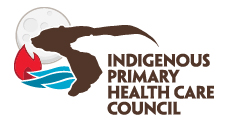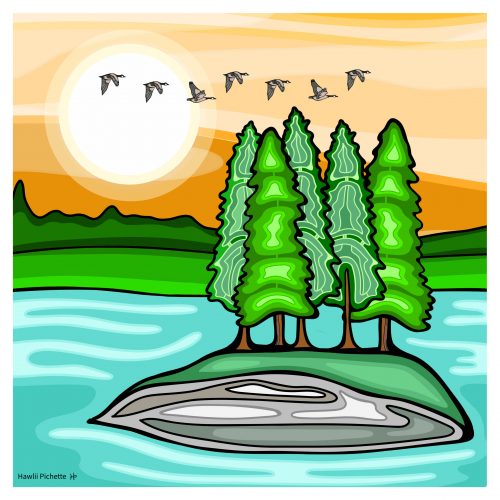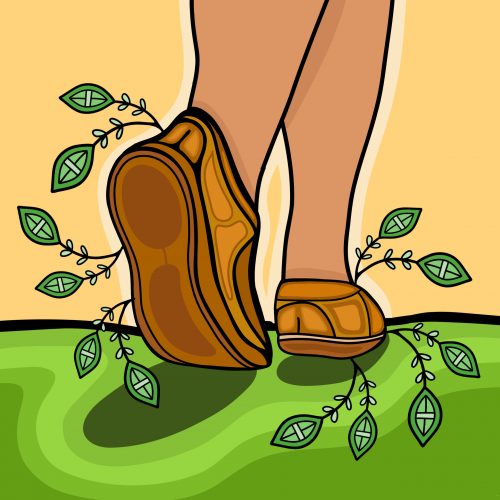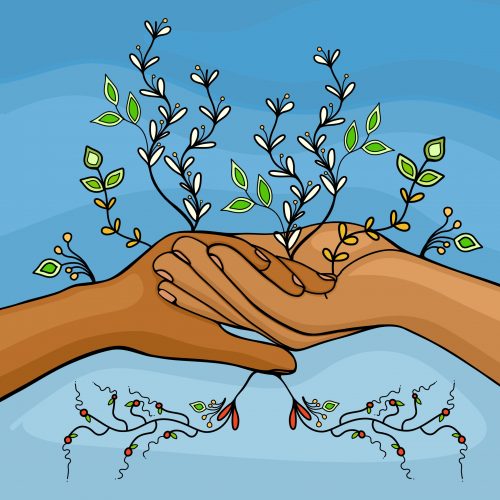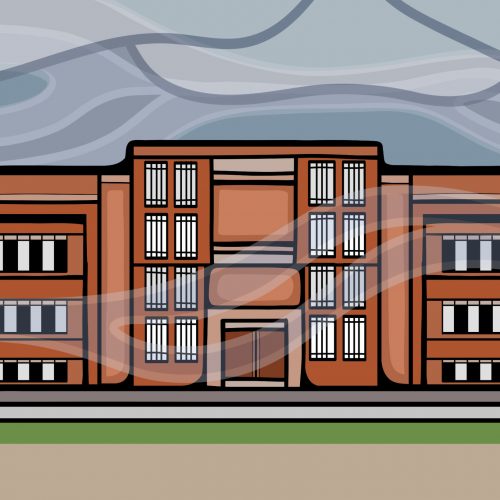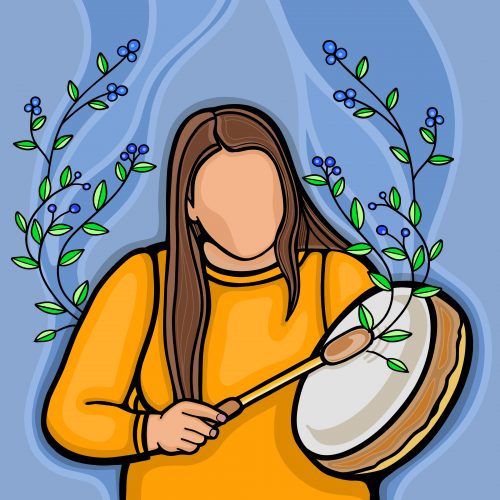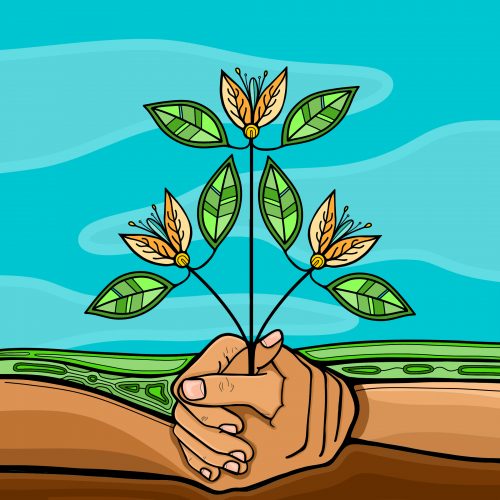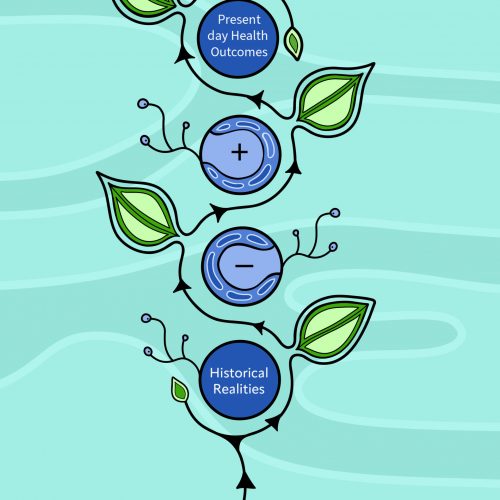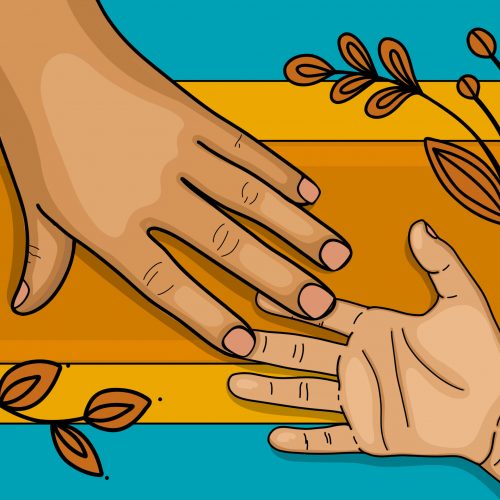“I want to thank the facilitators - their approach to the group work was very balanced and their sharing of their personal stories and truth were touch stones to looking in, back and forward. As young indigenous women, each demonstrated resiliency and hope for the future for indigenous peoples. Very impactful.”
“I really appreciated this informative and well-organized presentation. While this information can be difficult to hear, we need to acknowledge Canada's history with Indigenous Peoples to better inform our clinical practices, policies, environments etc. I hope more of my colleagues will participate in your future offerings”
“The facilitators were generous to and supportive of learners; I also appreciated the way they role-modeled respectful and thoughtful professional practice in their interactions with one another. Thank you!”
“I had already been working on my personal Land Acknowledgement. It was helpful to have the breakout room facilitator available to provide feedback and answer questions. I think it is better now and I have more knowledge about what I should include. The dedicated time to work on our own land acknowledgement got me to look into the treaty covering my area more deeply than I had before. Previously, I had primarily been thinking about the Algonquin Anishinaabe people who live on this land and less about the history of agreements that cover the land. This sparked more interest in the treaty negotiations, and I will continue to learn more.
“I like very much the tone you are taking. Very good job”
